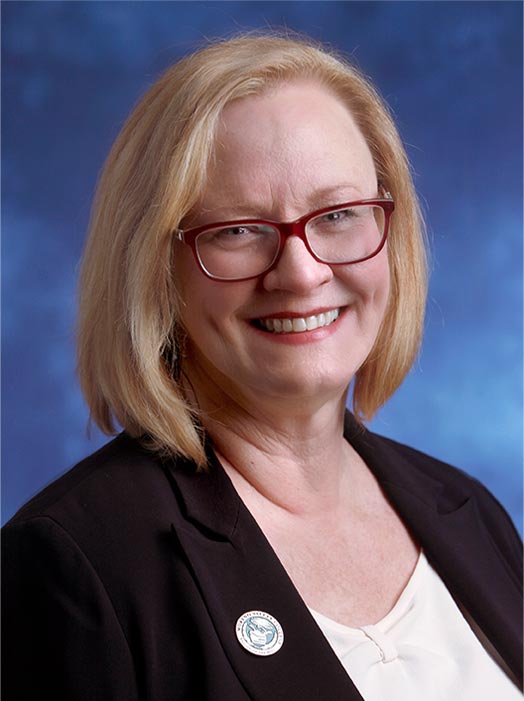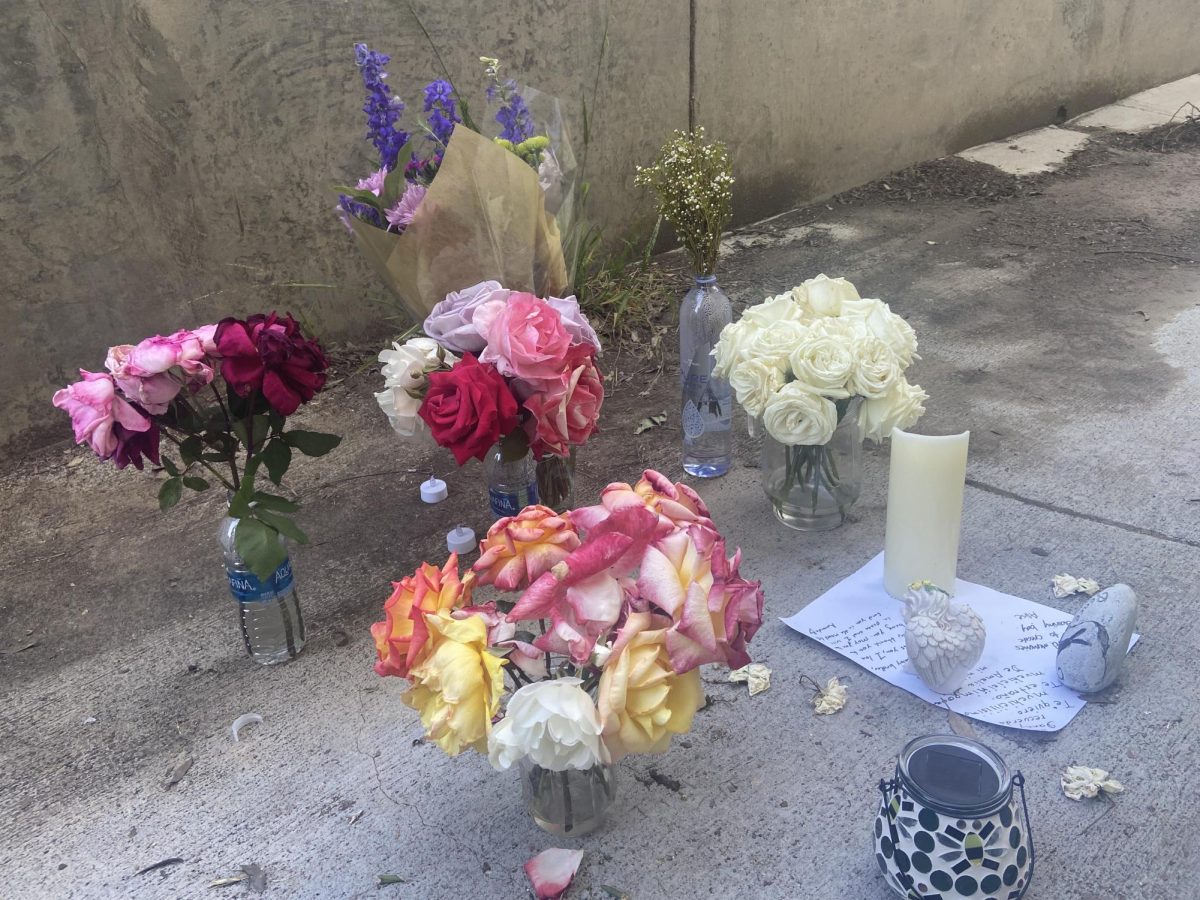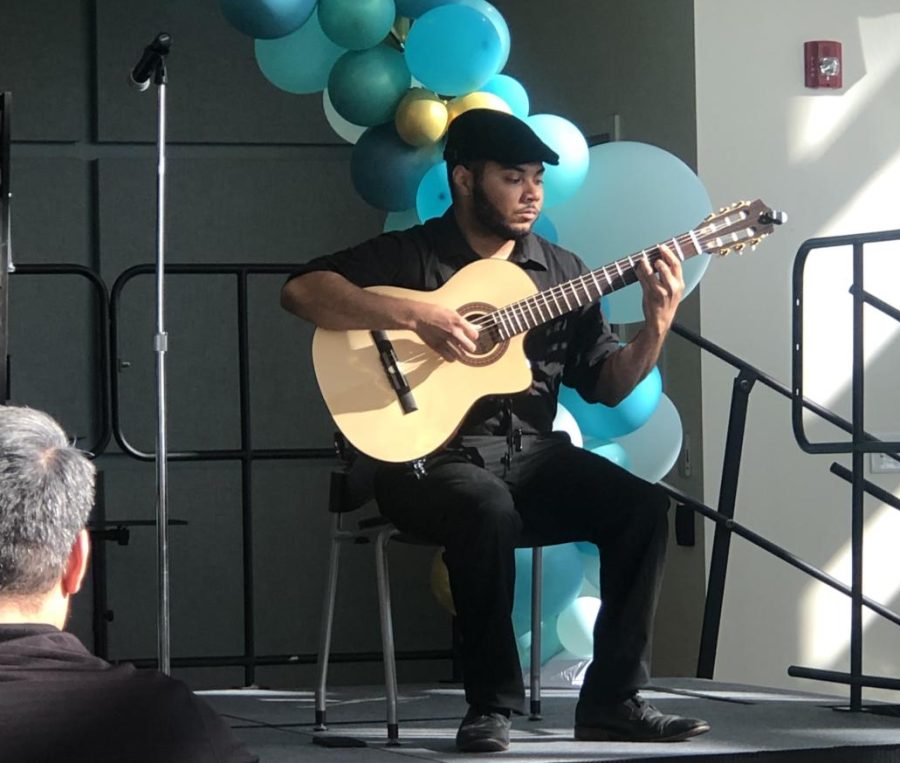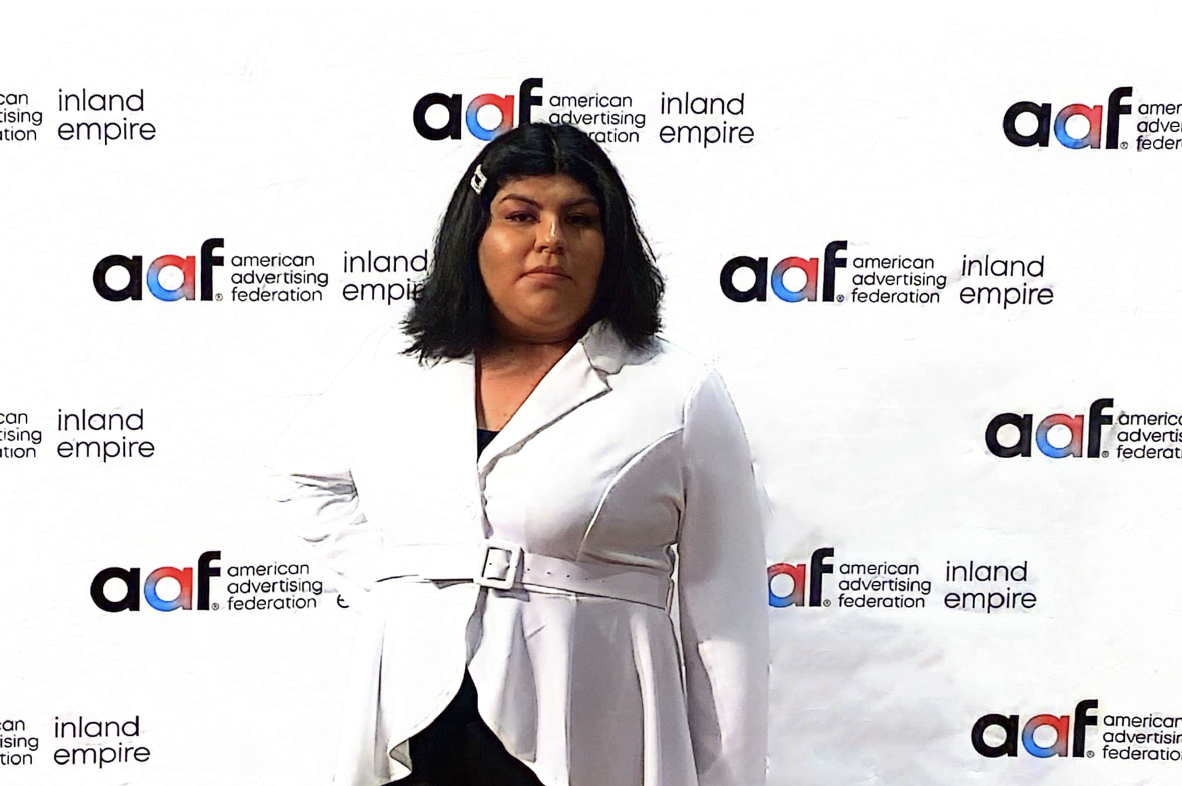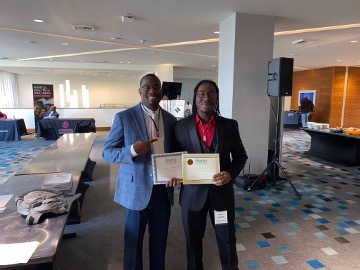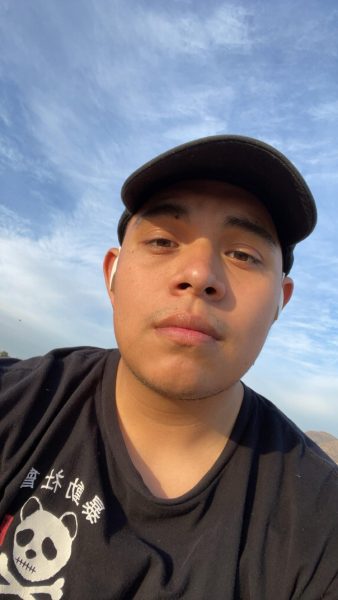Mental Health is something nobody wants to talk about but is something that affects everyone. Everyday millions of people go through their lives suffering in silence when there is help available to everyone.
For years there has been stigma placed on this topic but now is the time to address the elephant in the room. According to the National Alliance on Mental Illness (NAMI) one in five Americans have experienced some form of mental illness in their life, which roughly makes up about 57.8 million people.
Given how common mental illnesses occur, most people have interacted or known someone who has one. If mental illness is so common why do people avoid talking about it?
NAMI states stigma comes from many different factors such as public perception, social isolation, or even self-stigma to name a few. The fear that others may view an individual as damaged or that they will be treated differently can push people away from speaking on what they are going through. This cycle causes people to trudge down a lonely road filled with pain and dread.
“I am glad to see that the current generation are talking and showing more encouragement. Stigma is only around for as long as you allow it to be,” Josue Ortega, a behavioral therapist contracted with Creative Solutions for Hope states.
Ortega believes while there are many resources available to the public, we must be willing to accept the help. “We have this person inside of us that wants to heal and is ready, but you have to push through those barriers to allow yourself to do so,” he discussed.

“People are different down to the neurological level; everyone is different and there is no shame to that.” expressed Ortega. As such there is truly no one size fits all when it comes to treatment and support. Sometimes it may take two or three tries to find the right help that someone needs.
“As a teenager I was diagnosed with cyclothymic depressive disorder, PTSD, Bipolar and major depressive disorder. In my early 20s I was diagnosed with borderline personality disorder,” shared Elizabeth Angelo a 24-year-old who has struggled with mental health since she was young.
Angulo has not had an easy time and has had to walk a long road to find what best worked for her. “I have undergone traditional therapy which did not work and then began eye movement desensitization and reprocessing therapy which I discontinued as well. Currently I only take medication such as mood stabilizers and antipsychotics,” she stated.
She shared how treatment may not always help in the process of finding what is right for you but is still worth seeking help because it can help improve your daily life. “Once someone identifies their mental illness and finds what works for them, life gets much easier and more manageable,” she said.
The topic of mental health may be difficult to discuss, but you don’t have to feel like you are walking this road alone. Starting those difficult conversations will lead to a road of self-healing. We must remember there are plenty of people who care, and that mental illness is a valid issue that we must talk about.
If you or a loved one are in need of help or support, please do not hesitate as there are many easy and free resources available. Moreno Valley College offers free and confidential counseling which can be reached by calling (951) 571-6103 or emailing [email protected]. In addition to this the Substance and Abuse Mental Health Service Administration (SAMHSA) also offers various different hotlines and behavioral support to find the help best suited for you.
